
The Ultimate Guide to Brushing Your Teeth: Before or After Breakfast?
The Ultimate Guide to Brushing Your Teeth: Before or After Breakfast?

It's something that most of us do twice a day without fail. But when it comes to brushing your teeth in the morning, should you do it before or after breakfast? (stock image)
Brushing your teeth is a fundamental part of daily oral hygiene, but the timing of this routine has been a subject of debate for years. Should you brush before breakfast to remove overnight bacteria, or after breakfast to clean away food particles and acids? Recent scientific research has provided clarity on this issue, offering evidence-based recommendations to help you maintain optimal dental health.

Understanding the Importance of Brushing
Brushing your teeth helps remove plaque—a sticky film of bacteria that forms on your teeth and gums. If not removed, plaque can lead to tooth decay, gum disease, and bad breath. Regular brushing, along with flossing and dental check-ups, plays a crucial role in preventing these dental issues.
The Case for Brushing Before Breakfast
Brushing your teeth before breakfast has several advantages:
-
Removes Overnight Bacteria: While you sleep, bacteria multiply in your mouth, leading to morning breath and plaque formation. Brushing before breakfast eliminates these bacteria, reducing the risk of plaque buildup and tooth decay.
-
Protects Enamel: Consuming acidic foods and beverages, such as citrus fruits and coffee, can temporarily soften tooth enamel. Brushing immediately after eating these can erode the softened enamel. Waiting 30–60 minutes after eating allows your saliva to neutralize acids and re-mineralize enamel, making it safer to brush.
-
Stimulates Saliva Production: Brushing before breakfast stimulates saliva flow, which helps neutralize acids and wash away food particles, further protecting your teeth throughout the day.
The Case for Brushing After Breakfast
While brushing before breakfast is generally recommended, brushing after breakfast can also be beneficial, provided you wait:
-
Wait 30–60 Minutes: After eating, especially acidic foods, it's advisable to wait at least 30 minutes before brushing. This allows your saliva to neutralize acids and re-mineralize enamel, reducing the risk of enamel erosion.
-
Rinse with Water: If you're in a hurry and can't wait, rinsing your mouth with water after eating can help wash away acids and food particles, making it safer to brush sooner.
Expert Recommendations
Dental professionals generally agree on the following guidelines:
-
Brush Twice Daily: Regardless of timing, brushing your teeth twice a day—morning and night—is essential for maintaining oral health.
-
Use Fluoride Toothpaste: Fluoride strengthens tooth enamel and helps prevent cavities.
-
Adopt Proper Brushing Techniques: Use a soft-bristled toothbrush and gentle circular motions to avoid damaging gums and enamel.
-
Regular Dental Check-ups: Visit your dentist regularly for professional cleanings and to monitor your oral health.
Conclusion
The timing of brushing your teeth can impact your dental health. Brushing before breakfast helps remove overnight bacteria and protects enamel from acidic foods. If you prefer to brush after breakfast, waiting 30–60 minutes allows your saliva to neutralize acids and protect enamel. Regardless of when you brush, maintaining a consistent oral hygiene routine is key to a healthy smile.
News in the same category


Teen's Warning: Ch3st Pain Symptoms Could Be a Sign of Something More Serious

The B@nned Bible: A Controversial Book Featuring Teachings of Jesus That Contradict the Church

15-year-old teen diagnosed with stage 3 melan0ma reveals doctors initially dismissed warning signs as "puberty"
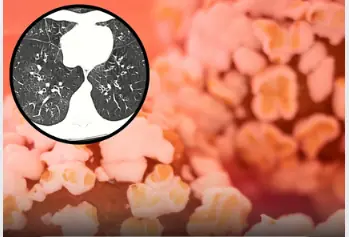
Experts raise alarm on irreversible lung damag3 caused by vap!ng, known as ‘popcorn lung’

Early puberty in girls on the rise — Researchers may have pinpointed the reason behind it
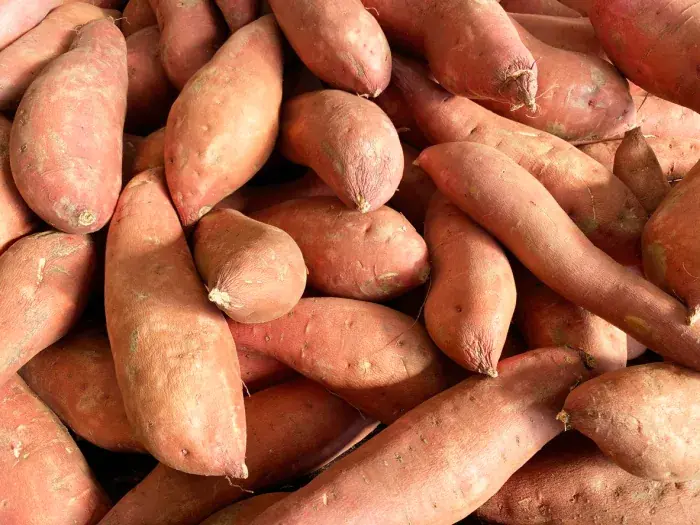
What Happens When You Eat Sweet Potatoes Every Day: Benefits, R!sks, and How to Enjoy Them
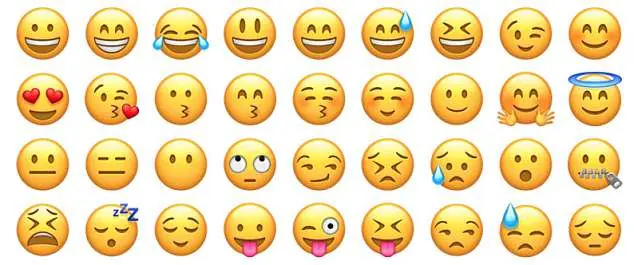
Warning issued to anyone using this smiley face emoji: You may have been sending it wrong
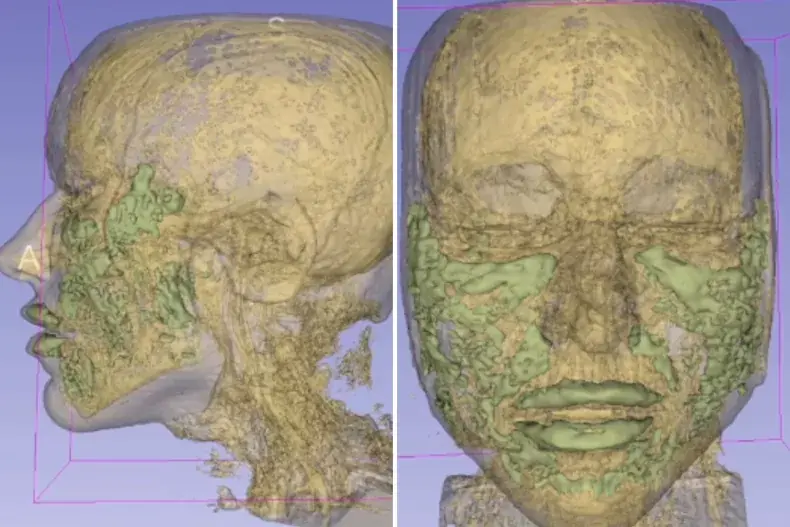
Detailed MRI maps out exactly where a 33-year-old woman's filler ended up in her face

Mysterious ancient city built 5,000 years ago by lost advanced civilization found beneath vast desert
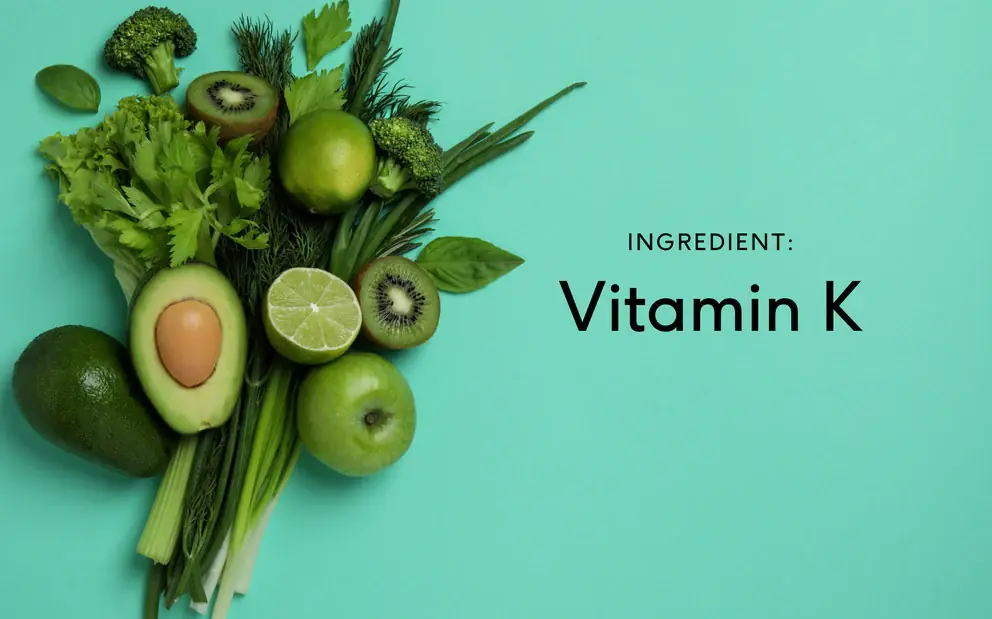
New study finds Vitamin K supplement slows progression of pr0state canc3r cells
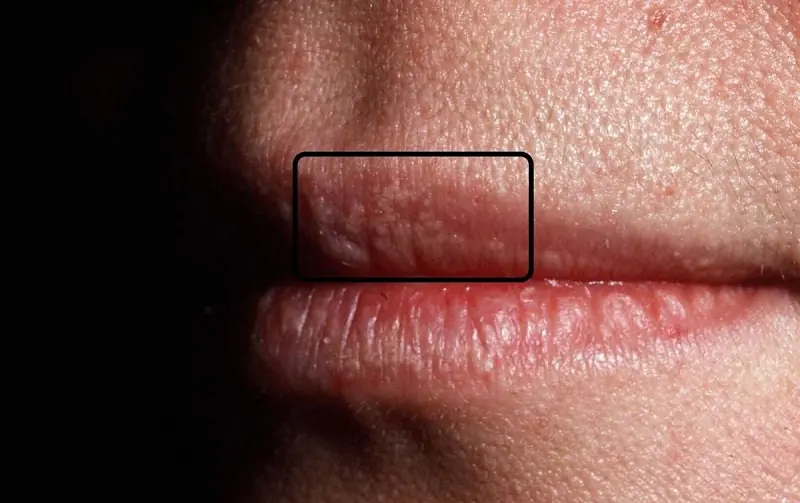
Understanding White Bumps on Lips: Causes, Sympt0ms, and Tre@tment Options
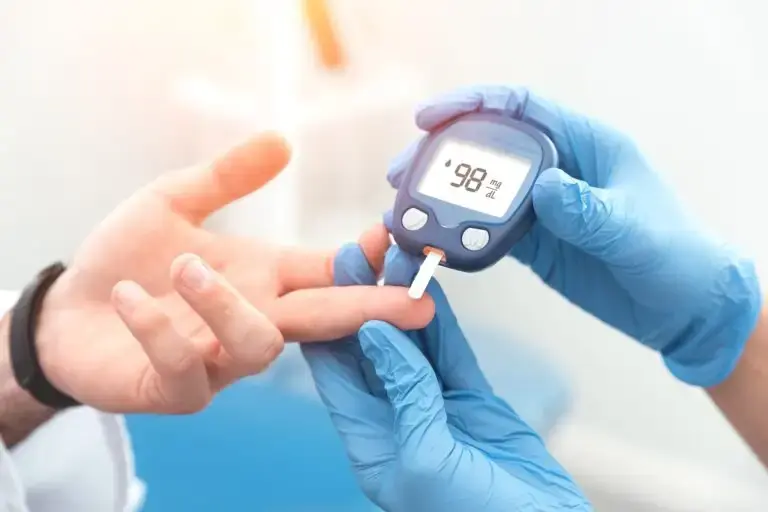
Diabetes and Sleep: Early Warning Signs You Should Never Ignore

Recognizing the Early Warning Signs of C@ncer: What You Should Know
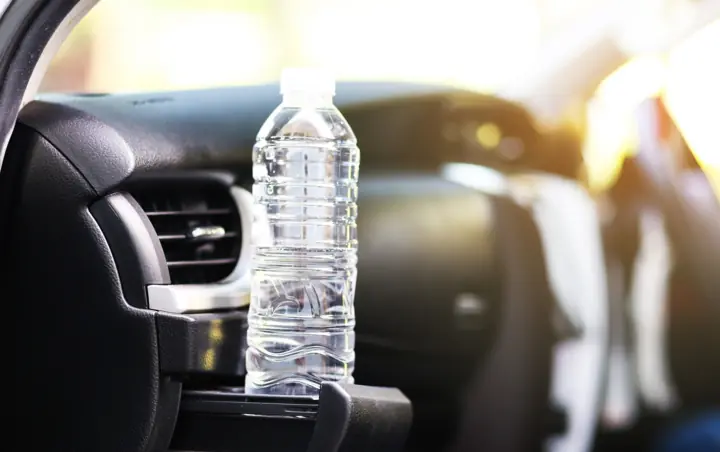
Why You Should Never Leave a Water Bottle in Your Car: F!re Risk and Safety Tips

Harvard scientists uncover affordable supplement that reverse ageing

What Happens to Your Body During a 36-Hour Fast? A Comprehensive Science-Based Exploration

AI deciphers the meaning of fallen ‘alien orb’ in Colombia, revealing chilling message
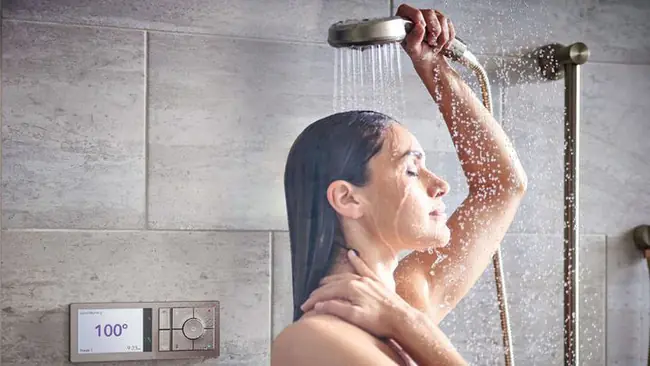
Morning vs. Night Showers: Scientists Finally Reveal Which Is Best for Your Hygiene and Health
News Post

My Son Befriended a Garbage Man He Called 'Mr. Tomorrow' Until I Learned Who He Really Was
Every morning, my son handed juice to a garbage man he called “Mr. Tomorrow.” I thought he was a stranger until I learned he held a secret tied to our family.

My Mother-in-Law’s Latex Gloves Hid a Terr!fying Secret: The Mystery That Shook Our Family to Its Core
Discover the chilling secret behind a mother-in-law’s latex gloves in this suspenseful tale of hidden pain, family secrets, and resilience. A gripping story of fear, betrayal, and healing unfolds.
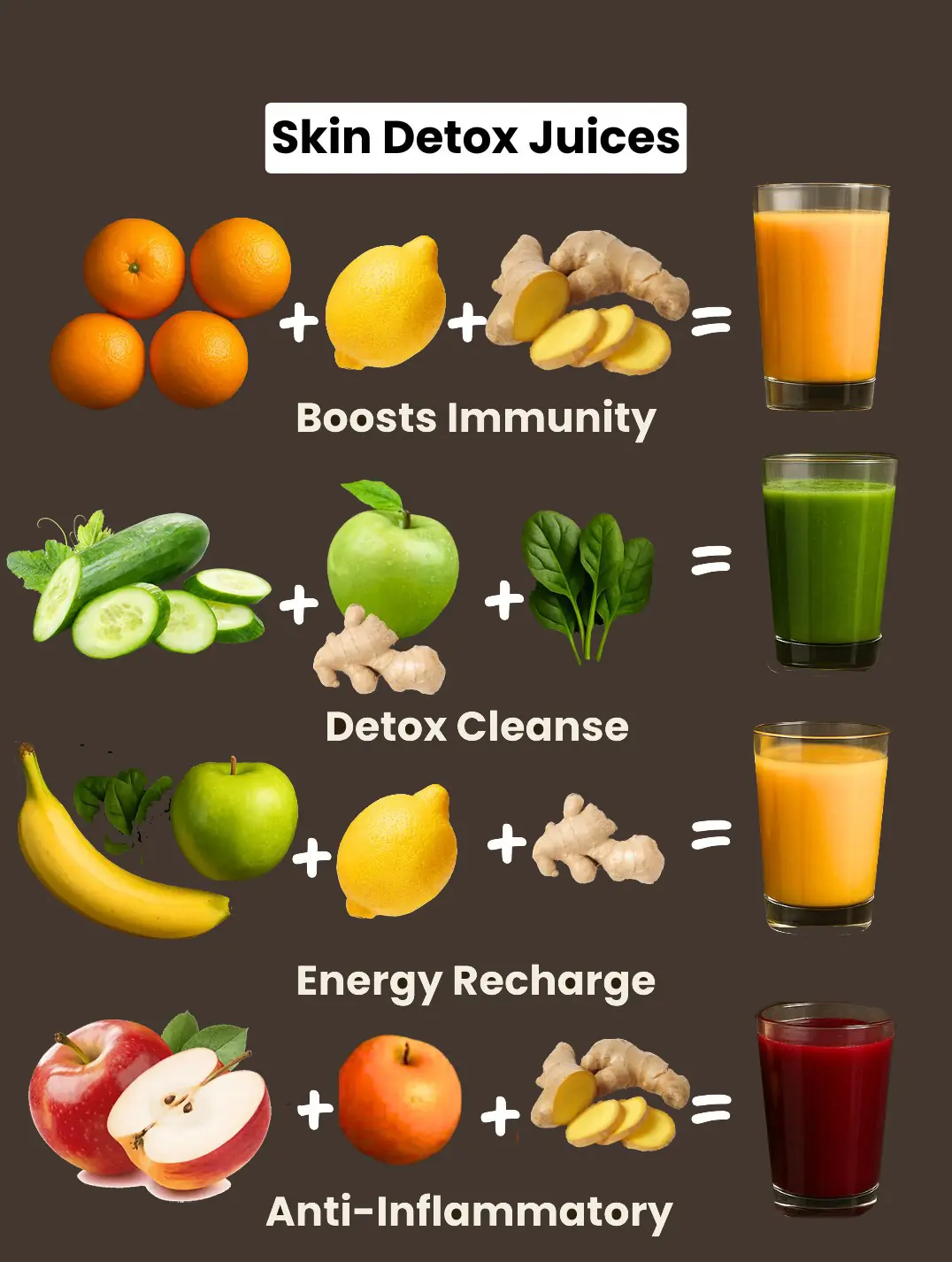
6 Skin Glow Juices for Naturally Radiant, Youthful Skin: Ultimate Guide to Nourish Your Complexion from Within
These six powerful juice recipes harness nature’s best ingredients to detoxify, hydrate, and protect your skin—leading to a clearer, firmer, and more luminous complexion.

John Rendez opens up about feeling unwelcome at Nora Aunor’s burial
Singer-rapper reflects on loss and shares heartfelt memories of late “soulmate” Nora Aunor

Are Gerald Anderson and Julia Barretto still together?
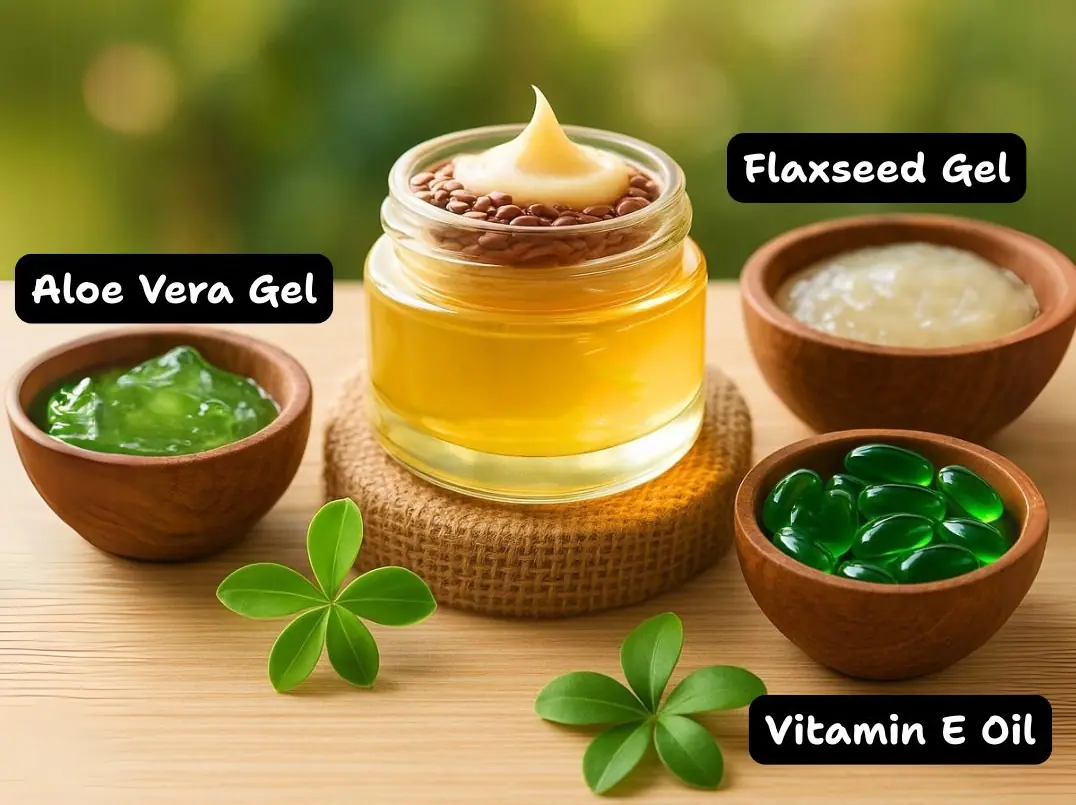
Apply This Flaxseed Gel Daily to Naturally Erase Wrinkles and Reveal Youthful, Radiant Skin
By incorporating this DIY elixir into your daily routine, you nourish your skin deeply, smooth fine lines, and restore a radiant, youthful complexion without exposure to harsh chemicals.
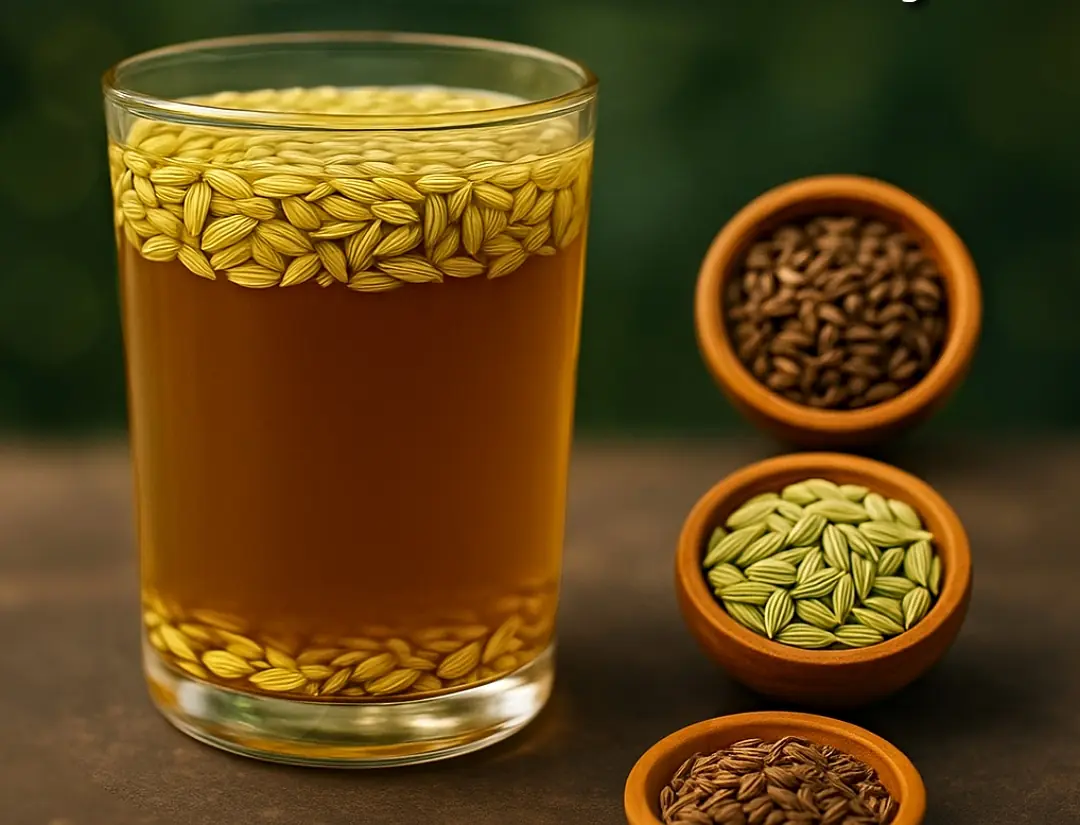
How to make Fennel Seeds Water/ Tea – Benefits of Fennel Seeds for Weight Loss & Health
Fennel seed water is more than a refreshing beverage—it’s a holistic health tonic with the power to transform your metabolism, digestive health, skin radiance, and overall vitality.

Lotlot de Leon’s cryptic Instagram posts spark conversations on truth and deception
Actress Lotlot de Leon recently stirred speculation online after posting cryptic messages about lies and truth on her Instagram Stories

The Ultimate DIY Herbal Oil for Extreme Hair Growth: Natural Remedies for Healthier, Thicker Hair
Packed with powerful ingredients like cloves, rosemary, garlic, and hibiscus, this oil helps nourish your scalp, stimulate hair follicles, and encourage thicker, healthier hair.

John Rendez, still grieving the loss of Nora Aunor: “I’ll never forget you”
John Rendez expresses deep sorrow over the passing of his dear friend and beloved superstar, Nora Aunor. Despite the passage of time, the loss remains a painful reality that he continues to cope with.

Ruffa Gutierrez talks about love, marriage, and family priorities: “I’m not closing my doors”
Ruffa Gutierrez opens up about her perspective on marriage and her current relationship with Herbert Bautista

Zoren Legaspi put on the spot by wife Carmina Villarroel over question about ex-girlfriends
During a playful yet challenging segment on Sarap Di Ba?, Zoren Legaspi faced a tricky question about his ex-girlfriends posed by his wife Carmina Villarroel, leading to a humorous but revealing exchange.

35 Genius Baking Hacks You Didn’t Know You Needed
Ready to transform your baking game? These 35 clever hacks will save you time, fix common baking problems, and make your treats taste even better!
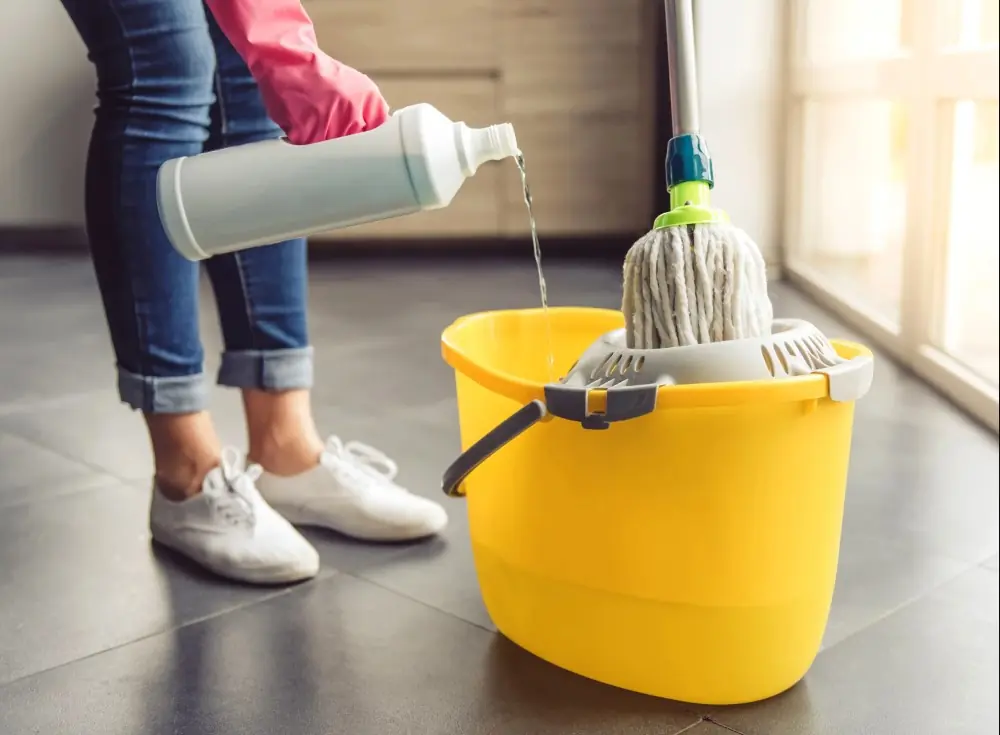
How Often Should You Clean Everything? The Ultimate Guide to Household and Personal Item Care
Knowing how frequently to clean your belongings can boost your health and keep your home fresh—discover the best cleaning schedules for everyday items.

My Husband F@ked His De@th on Our Wedding Day And Left Me Heartbr0ken and Betrayed
A heart-wrenching story of betrayal and love as Polina discovers her husband f@ked his de@th on their wedding day. After the sh0ck and heartbre@k, can she ever trust him again?
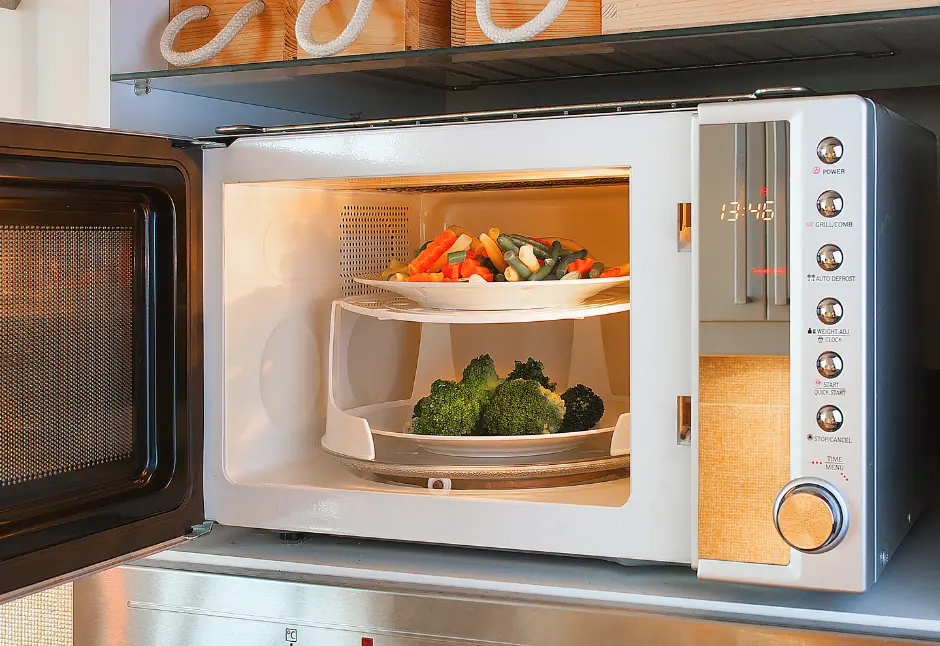
17 Surprising Foods You Didn’t Know You Could Cook or Prepare in the Microwave
Unlock the full potential of your microwave with these clever hacks to save time and make meal prep easier than ever.
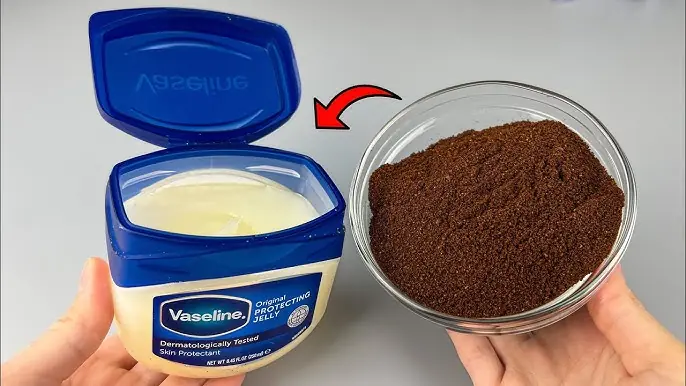
14 Powerful Vaseline Uses and Benefits for Skin, Lips, and Hair: Timeless Beauty Hacks You Need to Know
Still, for many, Vaseline offers simple, effective beauty care that doesn’t break the bank. When paired with natural ingredients, it becomes even more powerful - proving that skincare doesn’t have to be complicated to be effective.
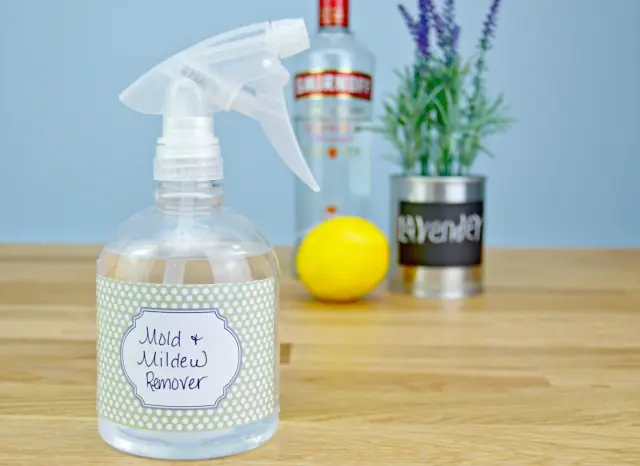
3 Highly Effective Natural Mould Removers: Safe and Powerful Alternatives to Bleach
Discover natural, non-toxic ways to eliminate mould from your home using simple ingredients that are just as effective as harsh chemicals.
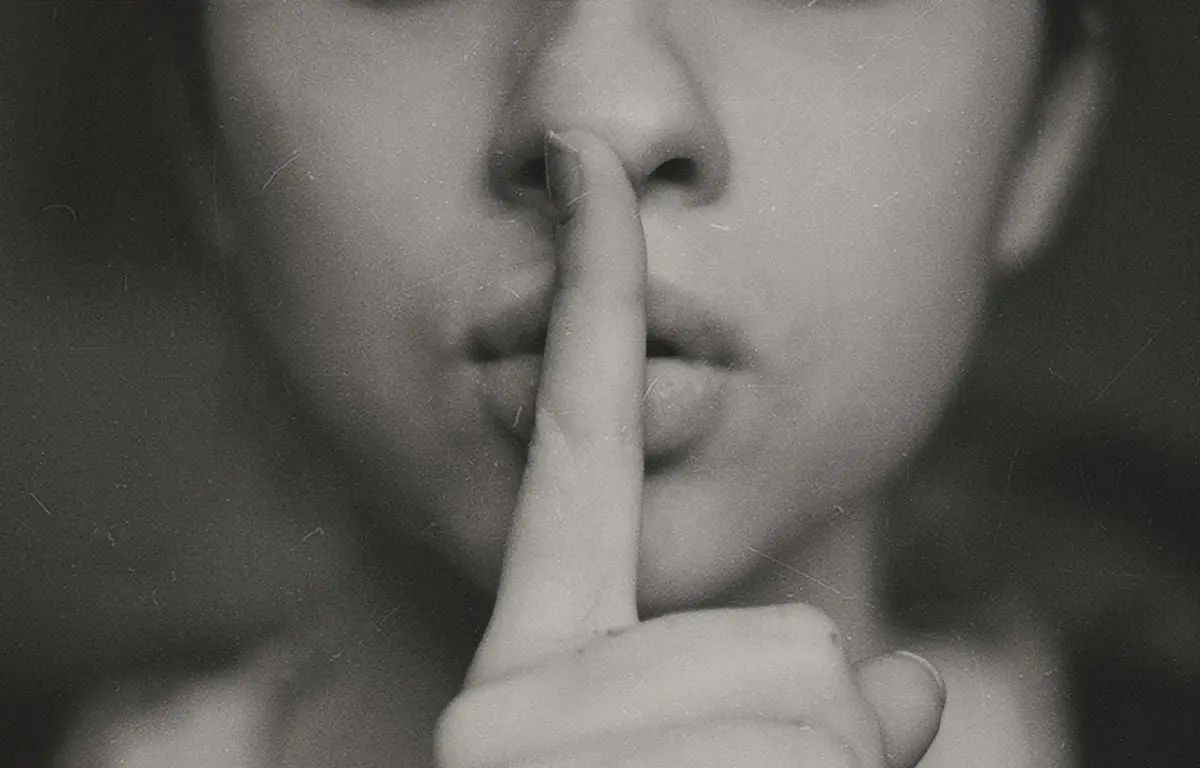
The Power of Silence: How Listening to Your Inner Voice Can Transform Your Life
In a noisy world filled with distractions, embracing silence can restore your focus, clarity, and emotional balance.

My Husband Went on Vacation Instead of Helping Me with My Mom’s Funeral: His Bl00d Froze When He Returned
After losing her mother, Elanor faces emotional neglect from her husband Jasper, who chooses vacation over support. Her bold response forces change in their fractured marriage. A powerful story of grief, resilience, and reclaiming love.